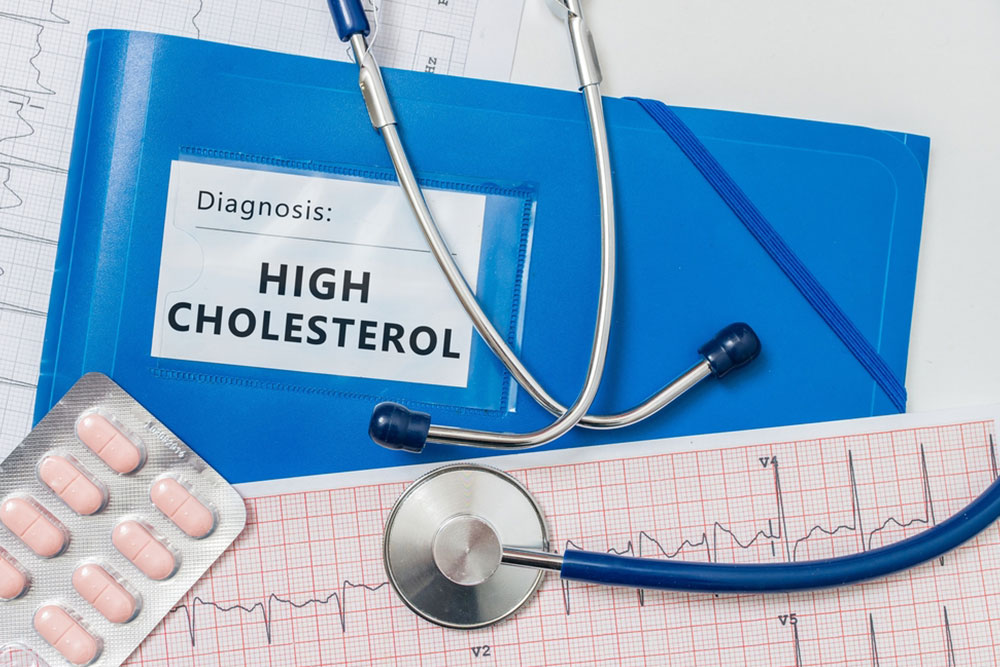
How high cholesterol can affect health
High cholesterol levels in the blood can seriously affect one’s health and make them vulnerable to heart problems. Read to know more about this serious problem.
Cholesterol
Cholesterol is a lipid, a fatty substance produced by the liver. It’s required by the body to produce types of hormones and to protect the nerves. The liver also produces lipoproteins to transport cholesterol through the bloodstream.
There are two main types of lipoprotein – HDL (high-density lipoprotein) and LDL (low-density lipoprotein). LDL is called bad cholesterol and it can clog the arteries leading to the risk of a heart attack or stroke. High levels of LDL in blood is referred to as high cholesterol.
The problem of LDL
If LDL cholesterol levels increase in the body, then it can accumulate on the walls of the arteries, the blood vessels supplying blood to the heart. This is known as cholesterol plaque. Plaque can narrow the arteries, increasing the workload of the heart.
Sometimes the plaque can form a clot and block the blood supply to the heart. This can result in a stroke or a heart attack, which can be life-threatening.
Symptoms
Since this is a buildup of cholesterol in the arteries, it does not exhibit any symptoms. Most people do not realize they have high cholesterol until they face a serious problem. There are various risk factors that can increase a person’s cholesterol levels. These are:
- One is at risk of having high cholesterol if close family members have any form of heart disease.
- Those above 45 years are more likely to have high cholesterol levels.
- Women after menopause are a risk of having high LDL in their blood.
- Those who are overweight are at risk of having high LDL.
- Eating fatty foods and more sugar can directly lead to an increase in LDL cholesterol.
- Those having diabetes are at a higher risk of having high cholesterol.
- Smoking is another factor that can lead to high cholesterol.
Diagnosis
The only way to diagnose high cholesterol is through a blood test. In fact, those who are at risk of having high cholesterol should get a blood test done at least once a year.
The LDL cholesterol in the blood needs to be less than 110 mg/dl to be normal. If it is between 110–129, it is borderline. If LDL levels are more than 130 it is considered as high cholesterol and needs treatment.
HDL cholesterol needs to be above 45 mg/dl as HDL takes back cholesterol to the liver. The total cholesterol count should be less than 170 mg/dl.
Treatment
Medications are given for those with high cholesterol levels. Statins help the body to remove cholesterol from the blood. Maintaining a healthy weight and a good diet can help reduce LDL levels.
Prevention
High cholesterol levels can be prevented by choosing a diet with less fat. Consuming foods rich in Omega 3 like fish, walnuts, and almonds are recommended along with fruits and vegetables.
Being physically active, reducing weight and giving up on smoking can help prevent high cholesterol levels.
High cholesterol levels in the blood can lead to a heart attack or stroke. Prevention is the best cure by reducing fat intake and exercising regularly.



